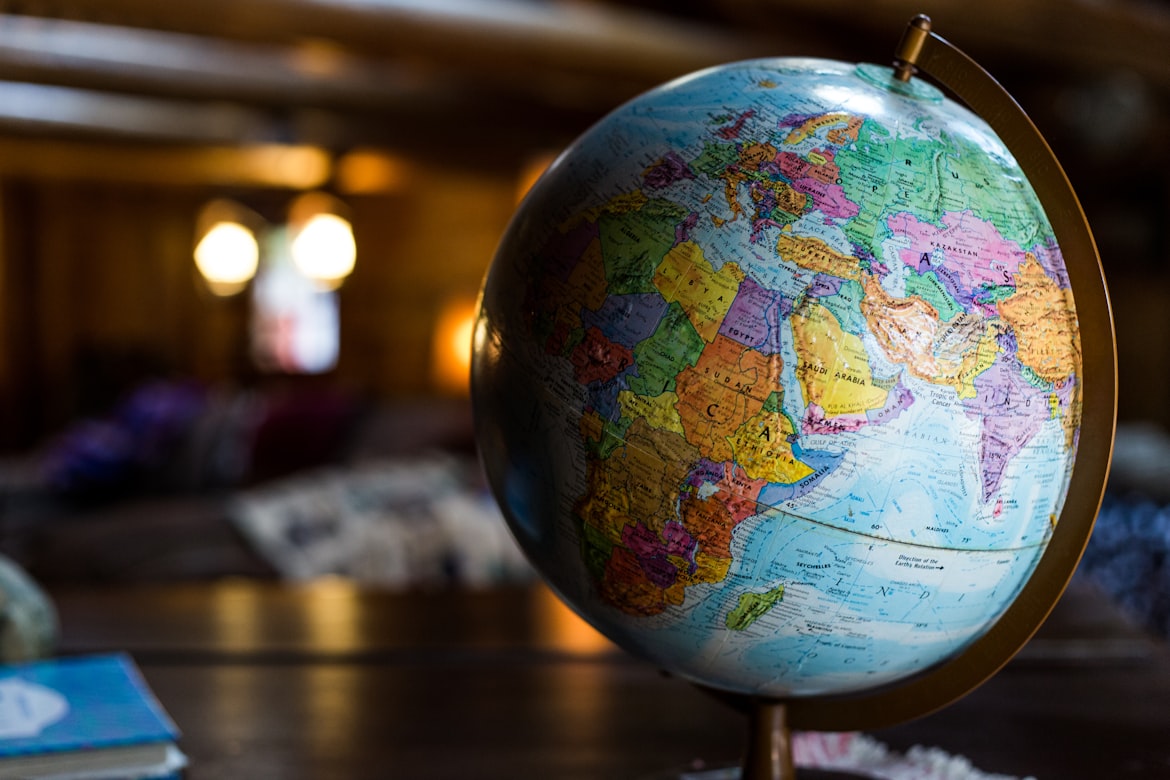The History Of Travel And Exploration: From Ancient Civilizations To Modern-Day Adventurers

The history of travel and exploration is a fascinating and diverse subject that spans thousands of years and encompasses many different cultures and civilizations. From ancient times, humans have been driven to explore the world around them, whether for trade, curiosity, or conquest.
One of the earliest examples of travel and exploration is the journey of the ancient Egyptians along the Nile River. The Nile was the lifeblood of ancient Egypt, providing water, food, and transportation for the civilization. The ancient Egyptians used boats to travel up and down the Nile, trading goods and spreading their culture and religion to other peoples along the river.

Ancient Greece is also known for its seafaring and exploration. The Greeks were a maritime people, with a strong navy and a culture that valued exploration. The historian Herodotus, for example, traveled widely in the 5th century BCE, gathering information about the cultures and peoples of the ancient world.The Greek philosopher Aristotle also studied the natural world through his travels, and his observations were influential in the development of scientific methods.
Another ancient civilization that was known for its travel and exploration was the Roman Empire. The Roman Empire was a vast and powerful state that controlled much of Europe, Asia, and Africa. Roman soldiers, merchants, and officials traveled extensively throughout the empire, spreading Roman culture and language. The Roman Empire also employed explorers, such as the famous cartographer Ptolemy, to map the known world.
In the Middle Ages, travel and exploration took on a religious character as Europeans set out on holy crusades to the Holy Land. The Crusaders were motivated by a desire to reclaim the Holy Land from Muslim rule and to spread Christianity.
The Crusaders traveled by land and sea, and their journeys were long and dangerous. Many never returned home, but their travels had a significant impact on the cultures and peoples of Europe and the Middle East.
During the Age of Exploration, which began in the 15th century, European nations sent explorers to the New World and beyond. Christopher Columbus, Vasco da Gama, and Ferdinand Magellan are among the most famous explorers of this era. These explorers were motivated by a desire to find new trade routes, new sources of wealth, and new lands to colonize. Their journeys were long and treacherous, but they opened up the world to European exploration and colonization.
In more recent times, travel and exploration have become a more leisurely activities. The development of modern transportation and technology has made it easier and more affordable for people to travel to different parts of the world. Today, people travel for many different reasons, including vacation, business, education, and adventure.
Despite the many advances in transportation and technology, travel and exploration still hold many challenges and risks. Climate change, political instability, and the ongoing COVID-19 pandemic have all made travel more difficult and uncertain in recent times. However, the human spirit of exploration and discovery continues to drive people to travel and see the world, making it an important and ongoing part of human history.





